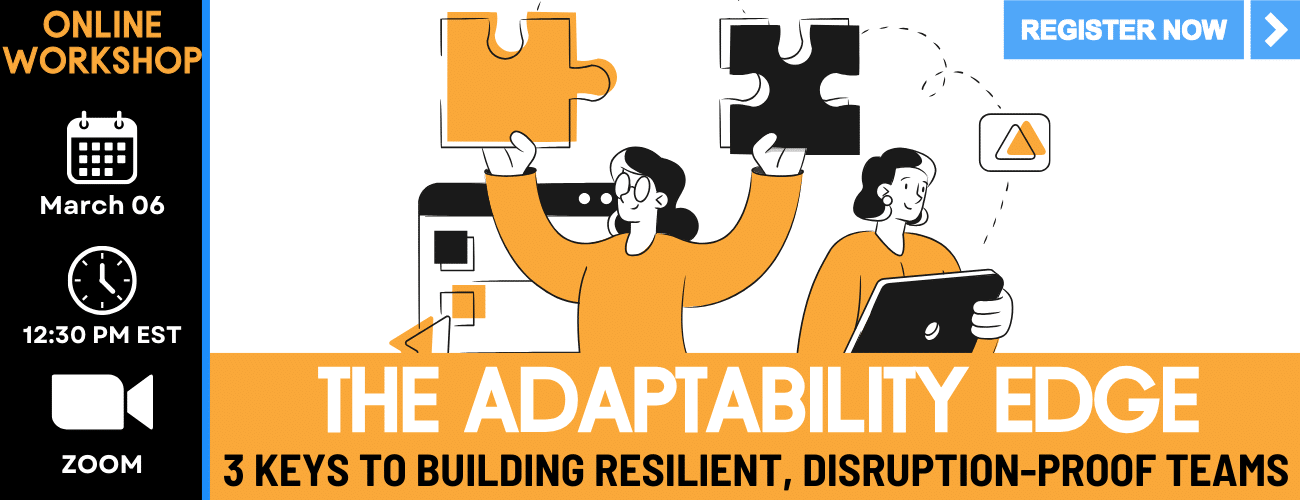Organizational culture and norms need to adapt and respond to the massive changes they face. Whether it’s figuring out how to attract and keep great talent in a tight labour market, or figuring out how to balance AI adoption into work processes and upskill your people, there’s a lot of challenge to navigate. New goals, processes and ways of working together are likely needed.
Unfortunately, the track record in managing change successfully isn’t great. Studies show that 70% of change initiatives are likely to fail, largely due to lack of management support and employee resistance.
But turning talk of change into real action isn’t easy. Even though leaders talk a lot about needing to adapt, actually making it happen is tough. There’s often a big gap between what’s said and what’s done. This divide doesn’t just lead to frustration—it also slows down work and gets in the way of reaching our goals. The real trick isn’t just knowing we need to change; it’s figuring out how to make those changes happen in our everyday work lives.
For leaders and managers navigating this terrain, here are three actionable strategies to bridge the gap between talk and action:
Tip 1. Embrace Your Values
Think of organizational values as the North Star guiding the ship through stormy seas. If these values exist merely as slogans on a website or as a recruiting tool, they lack impact and your organization loses credibility. Take steps to ensure that your organizational values are not only relevant and compelling but deeply ingrained in the fabric of your organization. They should serve as a compass, directing decisions, behaviors, and interactions. When values become a shared language across all levels, they create a solid foundation for meaningful change and provide a needed lifeline to help people feel connected and part of a team especially when the going gets tough.
Tip 2. Lead by Example
Alignment starts at the top. Leaders have a particular responsibility to be living ambassadors of those values through the behaviours they demonstrate. People will do what you do, not what you say. Integrity between what you say and how you show up in your daily interactions with your co-workers is a critical ingredient to help build trust, psychological safety and an ecosystem where people know where they stand. By modeling desired behaviors, leaders set the tone for the entire organization, inspiring others to follow suit.
Tip 3. Harness Collective Wisdom
Determining how people need to work differently to address new challenges and pressures should be a dialogue. In the midst of change, the collective intelligence of individual contributors in your organization is a potent resource to tap. Engage in meaningful discussion with employees at all levels, seeking their perspectives, insights, and ideas. Build buy-in and commitment to change one discussion at a time. When individuals feel heard and valued, they are more likely to embrace change and feel appreciated for their contributions.
If you’d like support with leadership within your organization or team, let’s connect to explore whether the Adaptive Advantage (™) program or Level Up Leadership executive coaching program can help!




